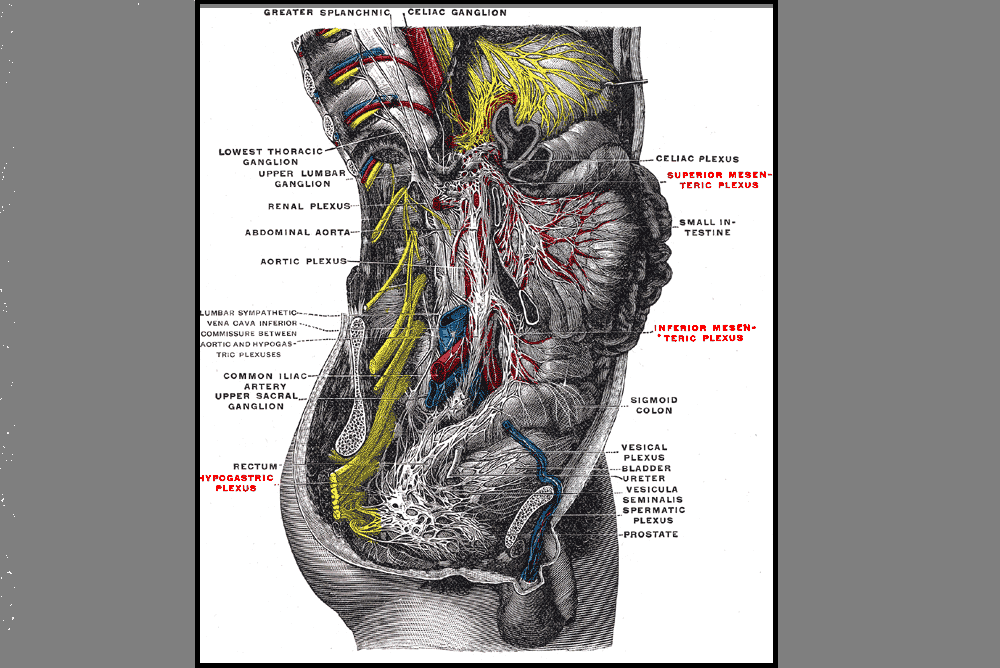Improving Urinary Continence Improves Sexual Function
As reported in Female Pelvic Medicine & Reconstructive Surgery, women who were successfully treated for stress urinary incontinence also noted improvements in sexual function. Women in the study were treated with a pessary, with behavioral therapy for incontinence, or with a combination of these treatments. Behavioral therapy included pelvic muscle strengthening and continence strategies. At 3 months, sexual function was assessed using short forms of both the Pelvic Organ Prolapse-Urinary Incontinence Sexual Function Questionnaire (PISQ-12) and the Personal Experiences Questionnaire (SPEQ).
The researchers found that in those women who experienced improved urinary continence, sexual activity was one of the activities in which a reduction of urinary leakage occurred. Patients also reported less restricted sexual function due to fear of leakage.
Interestingly, patients who experienced both urge incontinence and stress incontinence (versus stress incontinence alone) reported a lower level of sexual function at baseline.
It is well documented in the literature that urinary incontinence impairs quality of life in women, and this includes sexual health. The American Urological Association (AUA) recommends that medical providers ask questions about urinary incontinence and about level of bother of symptoms. The AUA also recommends that providers use validated surveys to assess a patient's function. As physical therapists, we can include screening questions on our intake forms, provide more detailed continence questionnaires, and discuss these sensitive issues with our patients to ensure that we are getting the best information about our patient's function.
By accepting you will be accessing a service provided by a third-party external to https://hermanwallace.com./








































